At every session of Spotlight: Health, dynamic concepts — some already in practice, others ripe to try out — inspire attendees and those watching on live streams from afar. We’ve captured 11 Big Ideas coming from our Day Two speakers who are experts in their fields working to solve health issues both at home and across the world.
Flip the Language To Co-opt New Champions for Women’s Health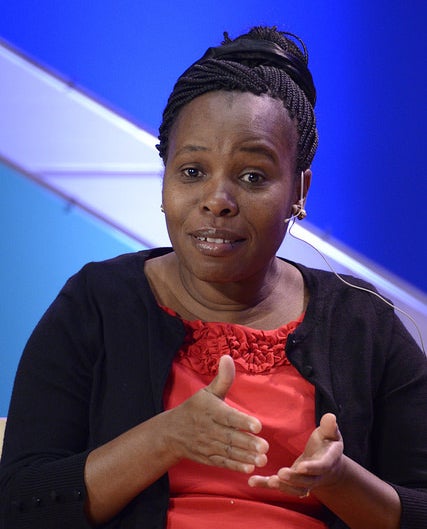
New Voices Fellow and Jhpiego Senior Program Advisor Jane Otai must co-opt religious leaders to promote family planning in the villages she works with. “When you are talking to religious leaders you do not use the use the word ‘contraception,'” said Otai at the session Women’s Health: The Unfinished Revolution. “You say ‘healthy spacing’ and ‘timing of pregnancy’ for the benefit of the mother and of the baby.” Watch the clip here.
Same-Day Test Results Could Revolutionize the Health Industry
During a panel on the future of personalized medicine, Elizabeth Holmes, founder of Theranos, described how her company is able to produce same-day lab results, which could eliminate the need for patient follow-up visits and speed up the treatment process. Watch the clip here.
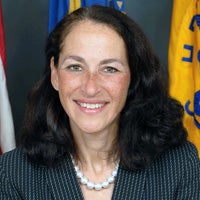
Receive Medicine Based on Your Genetic Makeup
Margaret A. Hamburg, commissioner of the US Food and Drug Administration, sat alongside Holmes during the panel on personalized medicine. She explained how the FDA has approved medicines that are based on the genetic makeup of individuals and their life-saving impact. Watch the clip here.
Incentivize Collaborative Research
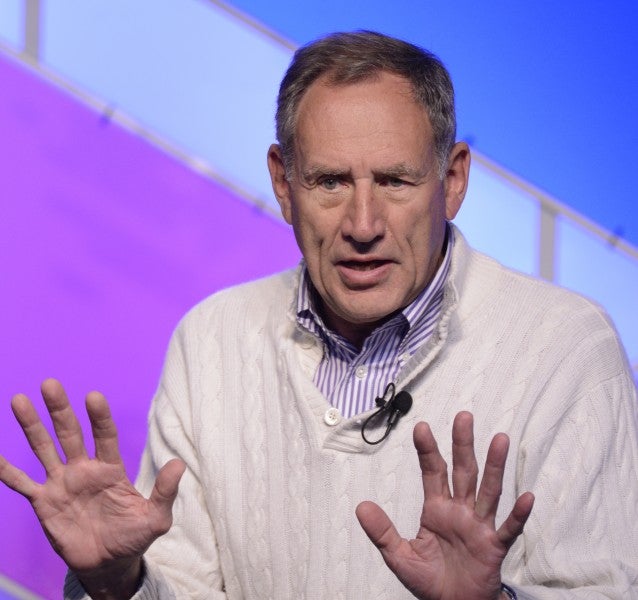
At a panel on the future of academic medicine in the US, Cleveland Clinic President and CEO Toby Cosgrove explained how the research world incentivizes individual research rather than collaborative contributions to a body of work. Cosgrove explained the pitfalls that entails, including slowing down the progress in health research. “If you stop and think about research, what we’re all trying to do is move the ball ahead,” he said. Watch the clip here.
Look to Other Cultures to Learn How to Handle Anxiety
In a session called Surviving Anxiety with author and Atlantic writer Scott Stossel and Atlantic editor Corby Kummer, Stossel noted that there is a large difference in the rates of anxiety and mental illness from country to country. “It’s also fascinating too, the way that mental illness gets filtered through different cultural lenses,” Stossel said. In many countries, like Cambodia, there is an entirely different paradigm for dealing with these issues.
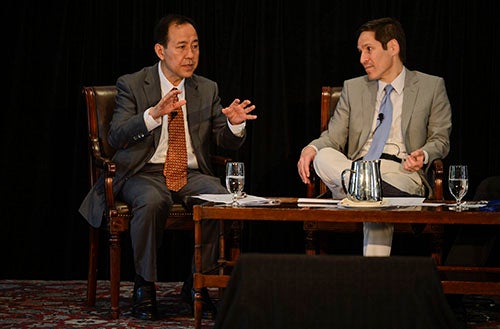 Increase Funding to Centers for Disease Control Globally by 10 percent
Increase Funding to Centers for Disease Control Globally by 10 percent
Tom Frieden and Yu Wang have worked together to put global health in national spotlights in the US and China, respectively. But what if they got a 10 percent increase in their funding? The US would tackle a combination of national and global health issues, Frieden said, because “public health is really a best buy.” China would continue to expand its state- and local-level centers for disease control, Wang said, and work to balance the country’s risk factors to deliver the best public health outcomes.
Use Social Media to Apply Peer Pressure and Support for Healthy Behaviors
In the session You Are Not Alone: Social Networks and Health, Grant Verstandig explained a great revolution in health: long-driven by “the stick” — if you don’t lose weight, you’ll die — healthcare is finally shifting toward “the carrot” of rewarding good behaviors. Social networks can drive this change, by giving access to support of friends and even giving data analytics on what activities are causing stress or a poor night of sleep.
Keep Children Involved in Sports for As Long As Possible
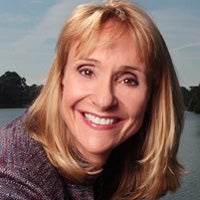 A champion of equality in sports, Nancy Hogshead-Makar, senior director of advocacy for the Women’s Sports Foundation, would like to see less weeding out of children who aren’t elite athletes and more inclusivity to make sports available to all. “At the Aspen Institute, one of the mottos [is] ‘Sport for all, play for life,’” she said at the session Sports as Medicine. For Hogshead-Makar, the benefits are obvious. “If a kid has a high school sports experience, their chance of getting breast cancer is cut by 20 percent for the rest of their lives,” she said. Watch the clip here.
A champion of equality in sports, Nancy Hogshead-Makar, senior director of advocacy for the Women’s Sports Foundation, would like to see less weeding out of children who aren’t elite athletes and more inclusivity to make sports available to all. “At the Aspen Institute, one of the mottos [is] ‘Sport for all, play for life,’” she said at the session Sports as Medicine. For Hogshead-Makar, the benefits are obvious. “If a kid has a high school sports experience, their chance of getting breast cancer is cut by 20 percent for the rest of their lives,” she said. Watch the clip here.
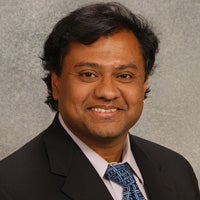 Use 3-D Prints of Patients’ Organs to Help Plan Treatment
Use 3-D Prints of Patients’ Organs to Help Plan Treatment
During the session Innovations In Health, The New Dawn of Disruptive Technologies, Anschutz Bioengineering Chair and professor Robin Shandas spoke of a new tool he created using 3D printing to enable a better diagnosis and treatment for children with congenital heart disease. While usually a surgeon relies on a 2D scan of a patient’s heart, Shandas presents a unique 3-D print of a patient’s heart that allows the surgeon to be most efficient by having the precise angle to approach the surgery. He believes that it is essential to integrate technicians and physicians together in the design process to create the best outcome for the patients.
Market Vegetables with the Same Sex Appeal as Alcohol and Sugary Drinks
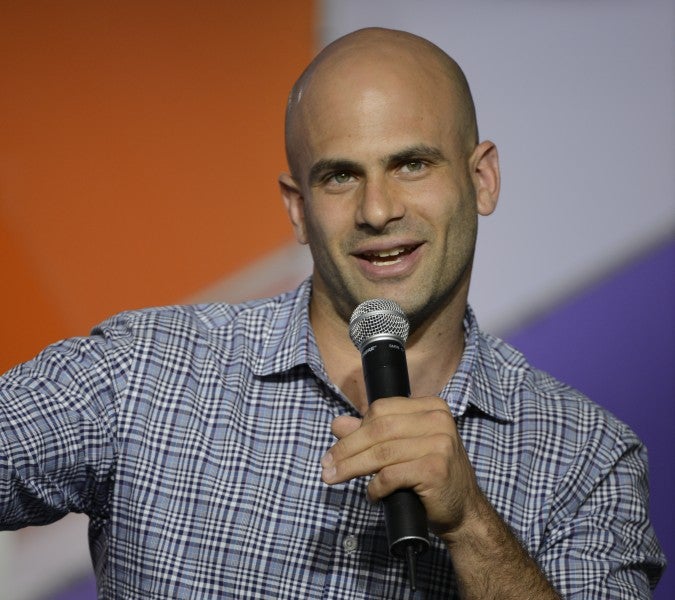 Sam Kass, senior policy advisor for nutrition at the White House and Let’s Move executive director, explained that instead of extolling the virtues of vitamin B, we should be marketing the great, happy lifestyle you can have if you are healthy. “Marketing is here, it’s going to be here,” said Kass during a conversation with the Atlantic’s Corby Kummer at the session The Fight for Good Food. “We need to market the same level of creativity for apples, oranges, and broccoli. [The studies show] if you market broccoli to kids, they’ll pick broccoli over a brownie.” Watch clip here.
Sam Kass, senior policy advisor for nutrition at the White House and Let’s Move executive director, explained that instead of extolling the virtues of vitamin B, we should be marketing the great, happy lifestyle you can have if you are healthy. “Marketing is here, it’s going to be here,” said Kass during a conversation with the Atlantic’s Corby Kummer at the session The Fight for Good Food. “We need to market the same level of creativity for apples, oranges, and broccoli. [The studies show] if you market broccoli to kids, they’ll pick broccoli over a brownie.” Watch clip here.
Export Entrepreneurship From Developing Countries Instead of Importing Aid
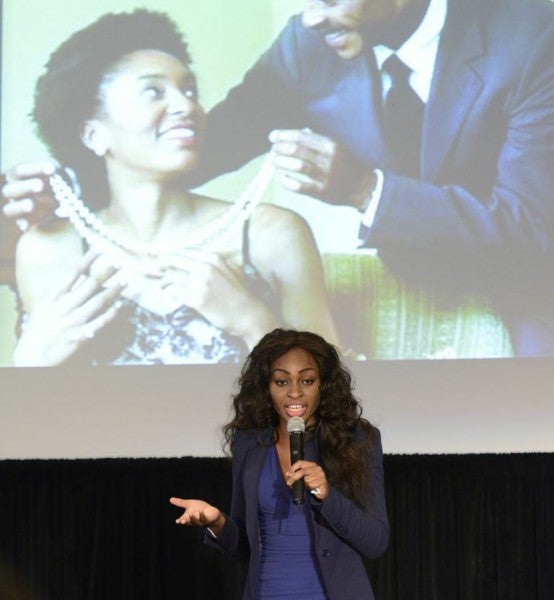
New Voices Fellow and Flying Doctors Nigeria air ambulance service founder Dr. Ola Orekunrin likened the relationship between Western aid providers and Africa to that of a sugar daddy who has all the resources to empower his mistress, but chooses to keep her on a leash instead by giving just enough to keep her happy. At Undaunted: Ten Frontline Innovators Shaping Global Health, Orekunrin described a mobile wallet app she uses to pay for food in the most rural villages of Africa. Yet she doesn’t have the same ability to pay digitally when she comes stateside, even in the most high-end stores. “[Africans] have already leapfrogged Westerners in this technology,” she said. “I believe there are African entrepreneurs who can do the same thing for health care.”
Contributors to this post include Karen Sommer, Keosha Varela, Mauro Whiteman, and Katie Williamson. Photography by Dan Bayer and Riccardo Savi.

